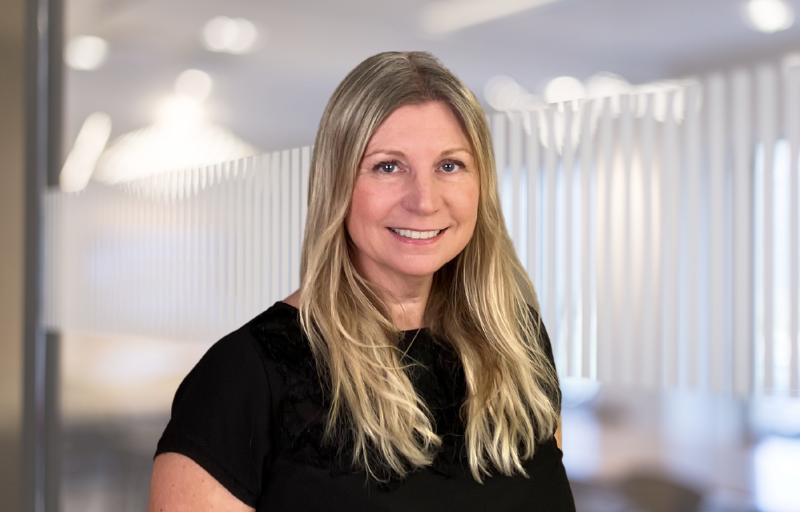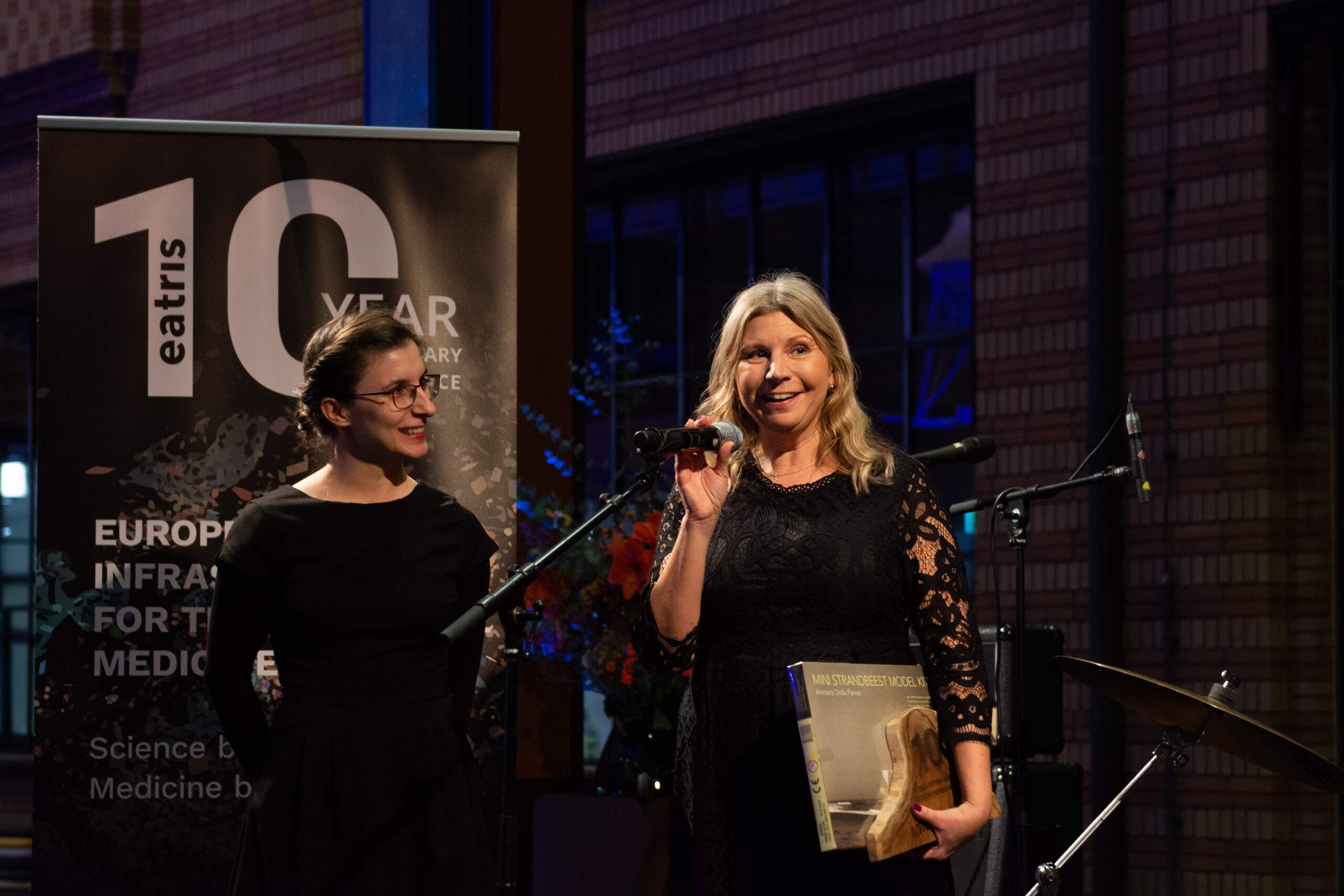EATRIS Meets is an interview series that celebrates the amazing people in the EATRIS community. Ulrika Bäckman serves as the National Coordinator of EATRIS Sweden and is based at Uppsala University. As a part of the EATRIS Spotlight programme, EATRIS Sweden has showcased its scientific excellence and capabilities, enhancing its visibility on both national and European levels.

Tell us a bit about yourself
I’m Ulrika Bäckman, and I’m a molecular biologist by training and hold a PhD in Medical Cell Biology from Uppsala University. I was born in Uppsala but spent part of my teenage years in Botswana, where my father worked for the Swedish International Development Cooperation Agency. I loved living there – the environment, the culture, the people and a completely different lifestyle compared to that of my friends back home in Sweden. This was a time before e-mails and mobiles, so I wrote letters and hoped to get an answer within three months.
Over the years, I’ve worked in both large and small pharmaceutical companies, gaining more than a decade of experience in the industry. Back in academia, I divide my time between my role as the National Coordinator of EATRIS Sweden and my position as Project Coordinator at the Office for Medicine and Pharmacy, with a focus on prioritised projects in the disciplinary domain.
How are you connected to EATRIS, and what does it mean to you that Sweden is a member of EATRIS?
Since 2015, I have worked as the National Coordinator for EATRIS Sweden. I see the great potential that this collaboration offers for Swedish researchers and our national infrastructures. Through EATRIS, Swedish researchers can participate in multinational projects, contribute to advancing new tools and methods in translational medicine, and amplify the impact of their research both in Europe and globally. This collaboration strengthens Sweden’s presence in the international research community, fosters innovation, and opens doors to new opportunities for collaboration, funding, and shared resources.
Tell us a little more about your work and what a typical week looks like for you.
My typical week involves a mix of meetings, presentations, outreach activities, finding new collaboration opportunities, attending conferences, and event planning, all alongside focused time spent at my computer. I begin my days with a cup of coffee, reviewing emails and planning the day. Outreach is a key part of my role, keeping me connected to the research community and enabling me to respond to inquiries. Collaborating with the other Nordic nodes is a highlight, as we work on joint projects and explore funding opportunities, as well as our ongoing lunch seminar series – bridging Nordic ATMP. While it might not sound as exciting when described, I truly enjoy my job because it’s varied and dynamic, with my involvement in multiple projects. I do my best to ensure that projects stay organised and run smoothly.
What is translational research for you?
To me, translational research is about turning scientific discoveries into practical solutions that can improve people’s lives. It takes insights from the lab or basic science and works to bring them into real-world applications, like new treatments or healthcare practices. Translational medicine as a whole is a collaborative process which bridges the gap between research and patient care, with the goal of making a positive impact on the health and well-being of patients.

Why did you decide to work in the translational medicine field?
I decided to pursue this field because it combines my passion for science with a genuine desire to make an impact in healthcare. Translational research offers the opportunity to contribute to something truly meaningful—improving healthcare and helping others. Even though I’m not standing at a lab bench today, perhaps I can be part of this chain by facilitating collaborations that have an impact. The possibility of creating positive change is what inspires and motivates me.
What advice would you give your younger self?
Stop overthinking, just follow your heart, and chill a bit! Every decision will somehow work out, so no need to stress—life’s got your back!
If you were a drug, vaccine or diagnostic, what would you be and why?
I think I’d be something like a broad-spectrum antibiotic or a vaccine with a wide range of protective benefits. I aim to be helpful in many different situations, adaptable to various needs, and supportive in helping people stay safe or recover.
If you had unlimited resources and could solve one research problem, what would it be?
If I had substantial resources, I would dedicate them to ensuring that people in poorer countries have access to essential medicines and proper healthcare. Everyone, no matter where they live, deserves the opportunity to receive the care they need to lead a healthy life.
What would surprise people to know about you?
I love to travel and explore new cultures, and I have visited nearly 50 countries so far and still counting. I also enjoy dancing, everything from show jazz to tap and Charleston. When I’m not working, dancing, travelling or spending time with my family, I’m usually holding a paintbrush or a trowel – I’ve been constantly renovating our house and planning our garden for the past 15 years.
















